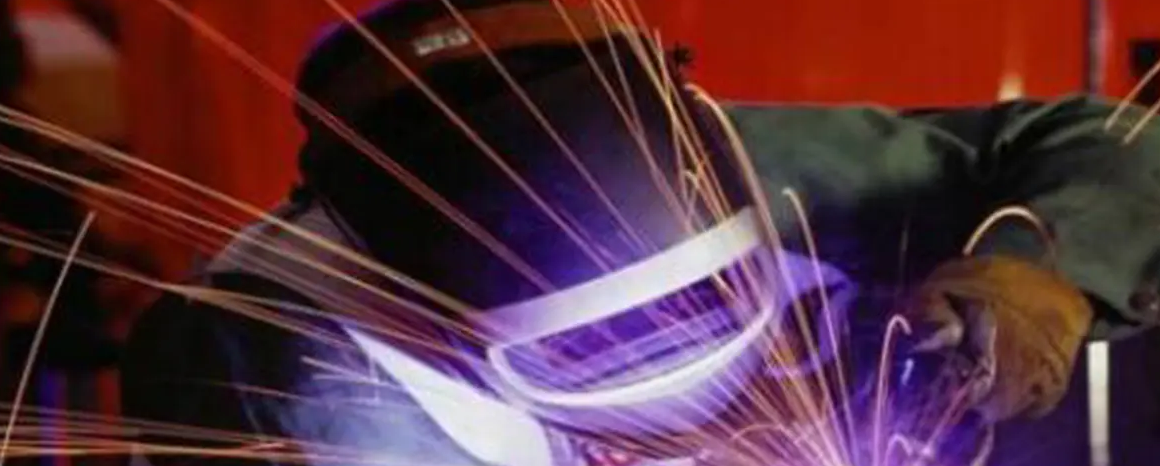Sheet metal fabrication is a critical process used to create various metal components and products for a wide range of industries, including automotive, aerospace, construction, electronics, and more. Ensuring the quality and precision of the fabricated sheet metal parts is of utmost importance to meet the required standards and functional requirements. Inspection plays a crucial role in achieving this goal. Here are some reasons why inspection is vital in sheet metal fabrication:
Quality Assurance: Inspection is the primary means of ensuring the quality of sheet metal components. By conducting thorough inspections, manufacturers can identify and rectify defects, inconsistencies, or imperfections in the fabricated parts. This helps prevent substandard products from reaching the market and guarantees that only high-quality components are used in final products.
Dimensional Accuracy: Sheet metal parts often have precise dimensional requirements. Any deviation from the specified dimensions can result in improper fitment, assembly issues, or compromised performance. Inspection procedures such as measurement with precision tools like calipers, micrometers, and CMM (Coordinate Measuring Machines) help verify dimensional accuracy.
Material Verification: The correct type and grade of sheet metal must be used in the fabrication process. Inspections can ensure that the appropriate material has been used, preventing potential material-related defects and ensuring the part's performance and longevity.
Weld Integrity: In sheet metal fabrication, welding is a common joining method. The strength and reliability of welds are crucial for the overall performance of the fabricated components. Inspection techniques like non-destructive testing (NDT) can be employed to evaluate weld integrity without causing any damage to the parts.
Surface Finish and Coatings: Sheet metal components may require specific surface finishes or coatings for aesthetic appeal or corrosion resistance. Inspections help verify that the desired surface finish or coating has been applied correctly and uniformly.
Compliance with Standards: Many industries have specific standards and regulations governing the quality and precision of sheet metal components. Inspection ensures that fabricated parts meet these standards, making them safe and reliable for their intended use.
Detecting Defects and Flaws: Even with the utmost care in fabrication, defects or flaws can occur. Inspection processes, such as visual inspection, ultrasonic testing, X-ray inspection, or dye penetrant testing, help detect these imperfections early on, allowing for timely corrective actions.

